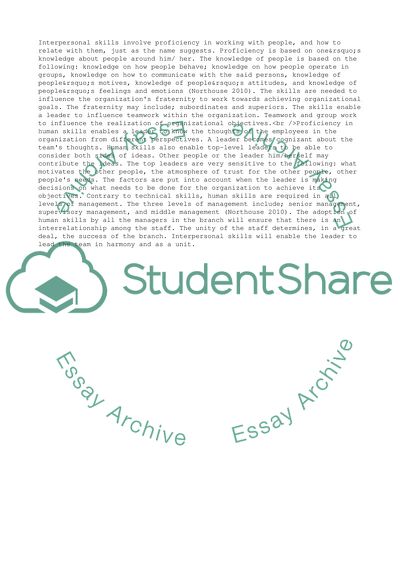Cite this document
(The Skill Approach to Leadership Essay Example | Topics and Well Written Essays - 1500 words, n.d.)
The Skill Approach to Leadership Essay Example | Topics and Well Written Essays - 1500 words. https://studentshare.org/management/1768577-style-and-skills-approaches-to-leadership
The Skill Approach to Leadership Essay Example | Topics and Well Written Essays - 1500 words. https://studentshare.org/management/1768577-style-and-skills-approaches-to-leadership
(The Skill Approach to Leadership Essay Example | Topics and Well Written Essays - 1500 Words)
The Skill Approach to Leadership Essay Example | Topics and Well Written Essays - 1500 Words. https://studentshare.org/management/1768577-style-and-skills-approaches-to-leadership.
The Skill Approach to Leadership Essay Example | Topics and Well Written Essays - 1500 Words. https://studentshare.org/management/1768577-style-and-skills-approaches-to-leadership.
“The Skill Approach to Leadership Essay Example | Topics and Well Written Essays - 1500 Words”. https://studentshare.org/management/1768577-style-and-skills-approaches-to-leadership.


